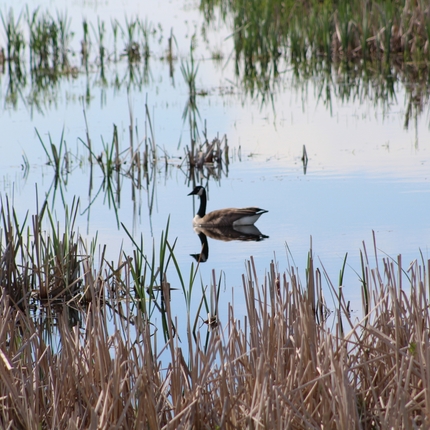By Roz Brown, Public News Service
Earlier this year, Iowa beefed up its "Nutrient Reduction Strategy" program to improve water quality, and farmers are weighing the costs and social risks of compliance.
Iowa's water quality is at risk due to runoff from farmland, primarily caused by storms and crop tilling. Those activities send nitrates and other chemicals into Iowa's waterways, which cause downstream problems and a host of health concerns, including potential birth defects, cancers and thyroid problems.
Katie Rock, policy associate with the Center for Rural Affairs, said water quality remains a contentious issue in Iowa, and a more comprehensive approach that includes conservation practices is needed.
"We found that a majority of farmers reported that they didn't feel social pressures to install new conservation practices,” Rock said. “But they did say that weather and shifting climate patterns are a big perceived threat to farmers' operations."
Rock said the study released by the center polled 52 farmers representing 41 of the state's 90 counties. She noted that respondents identified agricultural consolidation, fluctuating commodity prices, and nutrient and soil loss as other top concerns.
Rock said continued high nitrogen, phosphorous, bacteria and sediment levels in surface waters threaten public health and outdoor recreation. Research shows nitrate levels in Iowa's major rivers have more than tripled since the 1950s. But with increased farmer awareness, a slight decrease has been noted in recent decades.
Rock said understanding the needs, risks and barriers farmers face is critical.
"They are really focused on soil health,” she said. “If they can improve their soil health, they know that will get them through in the long run."
A Senate bill passed by the governor in January enhances Iowa's Nutrient Reduction Strategy by providing more money to improve water quality. Rock said practices such as no-till and strip-till and the planting of cover crops help address Iowa's expansion of its watershed approach to water quality.





